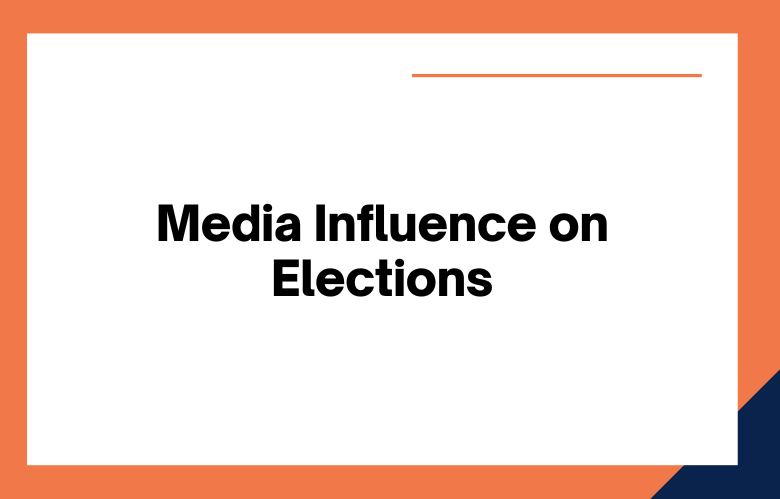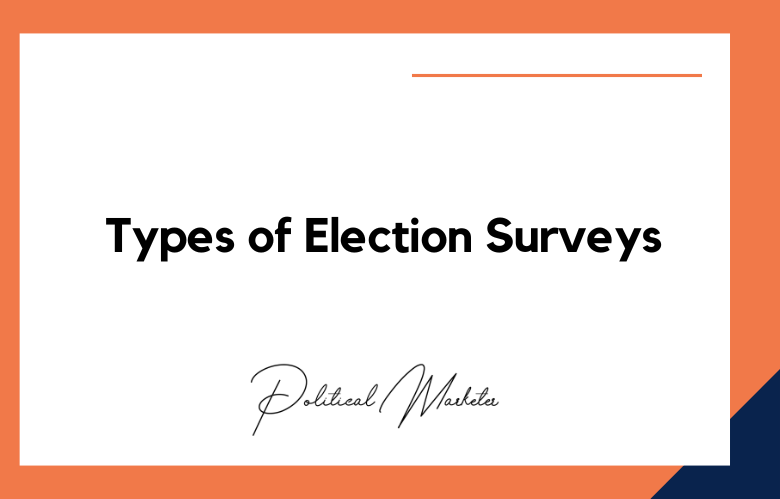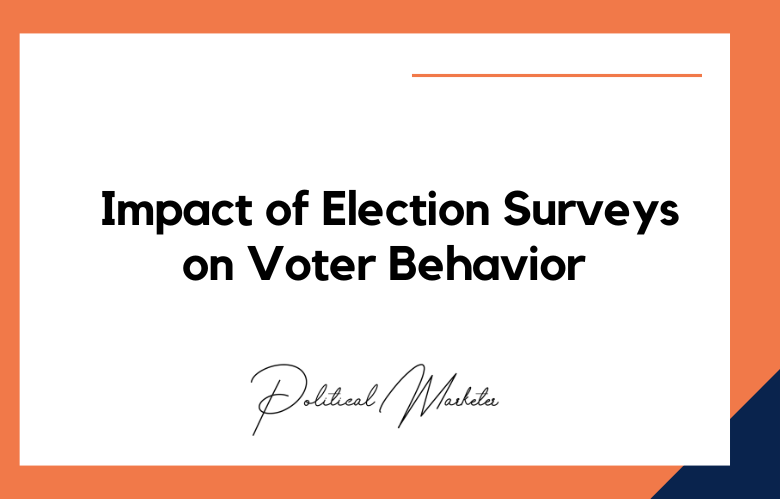It is no secret that the media has a prominent role in elections. The public is bombarded daily with news stories, ads, and debates, all vying for their attention. But how exactly does the media influence elections? Let’s look at some of the ways.
After all, the media is responsible for informing the public about candidates and issues. But just how much power does the press have? Here are 100+ ways the media can influence elections.
The Media’s Role in Elections
TV ads are still one of the significant ways to reach voters. They allow candidates to directly address the electorate and make their case for why they should be elected.
TV ads also tend to be more persuasive than other forms of advertising, such as print or radio ads. They can use pictures and video to tell a story, making them more memorable than other ads.
For example, if a candidate is regularly featured in positive stories, they are likely to be seen favorably by the electorate. This is why it is so essential for candidates to try to get positive media coverage during an election campaign.
One of the most important ways the media influences elections is by setting the agenda.
The news media decide which issues are important enough to warrant coverage and which ones are not.
This means they have a lot of power in determining what voters care about and what they do not.
As such, candidates often try to stay on message and focus on the issues the media covers.
100+ Ways the Media Influence Elections
- The media can raise or lower a candidate’s visibility.
- The media can make or break a candidate’s reputation.
- The media can impact whether voters support or oppose a candidate.
- The media can shape how voters feel about a candidate.
- The media can set the narrative of an election.
- The media can decide which topics are discussed during an election.
- The media can help voters make sense of complex issues.
- The media can make it easier for voters to find information about candidates and issues.
- The media can make it harder for voters to find information about candidates and issues.
- The media can create opportunities for candidates to reach voters directly through advertising and debates.
- The media can reduce the number of times candidates have to reach voters directly through advertising and debates.
- The media can give one candidate an advantage over another regarding airtime and exposure.
- The media can limit the airtime and exposure given to specific candidates.
- The media can make some candidates seem more qualified than others.
- The media can make some candidates seem more likable than others.
- The media can impact whether or not a candidate seems electable.
- The media can endorse or oppose specific candidates.
- The media can be biased in their reporting of elections
- They can influence how people vote through their coverage
- The media can be used as a tool by political parties and candidates
- They can be used to get out the vote
- The media can help or hinder a campaign
- The media shows the impact on the outcome of elections by influencing how the public votes.
- The media can shape voter opinions by providing biased information or coverage of candidates and their campaigns.
- The media can also affect election results by influencing the money donated to campaigns.
- The tone and content of news stories can encourage or discourage people from voting.
- Media bias can influence how people vote, even if they’re unaware.
- The media can significantly impact an election’s outcome by shaping public opinion.
- The media can be biased in their coverage of candidates, which can influence how people vote.
- Political parties can use the media to promote their agenda and communicate to the public.
- The media can help or hinder a candidate’s chances of winning an election, depending on how they cover them.
- How the media covers a story shows its impact on the stock market and the economy.
- The media can influence elections by shaping public opinion
- The media can help or hurt candidates with their coverage
- The media can be biased in their reporting
- The media can control the conversation around elections
- The media can have a significant impact on elections by shaping public opinion
- The media can help or hurt candidates with their coverage
- The media can be biased in their reporting
- The media can be bought by political parties or candidates
- The media can be used to spread disinformation
- The media can influence elections by shaping public opinion
- The media can help or hinder a candidate’s chances of winning an election
- The media can be biased in their coverage of elections
- Political candidates can buy the media
- The media can be used as a tool to spread propaganda
- The media can influence the outcome of an election by shaping public opinion
- The media can help or hurt a candidate’s chances of winning an election
- The media can be biased in their coverage of elections
- The media can be used as a tool by political parties and candidates
- The media can influence the outcome of an election by shaping public opinion
- The media can help or hurt a candidate’s chances of winning an election
- The media can be biased in their reporting of elections
- Political parties or candidates can buy the media to promote their agenda
- The media can be used as a tool to spread disinformation about candidates or elections
- The media can shape public opinion on candidates and issues leading up to an election
- The media can help or hurt a candidate’s chances of winning an election
- The media can be biased in their coverage of elections
- The media can influence the outcome of an election by providing more range to particular candidates or issues
- The media can significantly impact an election’s outcome by shaping public opinion.
- The media can influence elections by providing coverage of candidates and issues.
- The media can also influence elections through advertising.
Conclusion
The media play a significant role in elections. They can influence how voters perceive candidates and what issues they care about.
This makes it incredibly important for candidates to get positive media coverage and stay on message during their campaigns.
Whether traditional or social media, news plays a vital role in influencing elections. It can help to create and shape public opinion, which can ultimately sway the results of an election.
While some might see this as bad, it is essential to remember that the media is just one factor influencing elections.
Plenty of other factors, such as campaign spending, candidate approval ratings, and voter turnout, can also have a powerful impact on the outcome of an election.
If you’re excited to learn more about how the media influence elections or want help with your election marketing campaign, we encourage you to contact us today.
We’re here to help you better understand the complexities of the electoral process and give you the tools you need to run a successful campaign.
Call: +91 9848321284
Email: [email protected]










